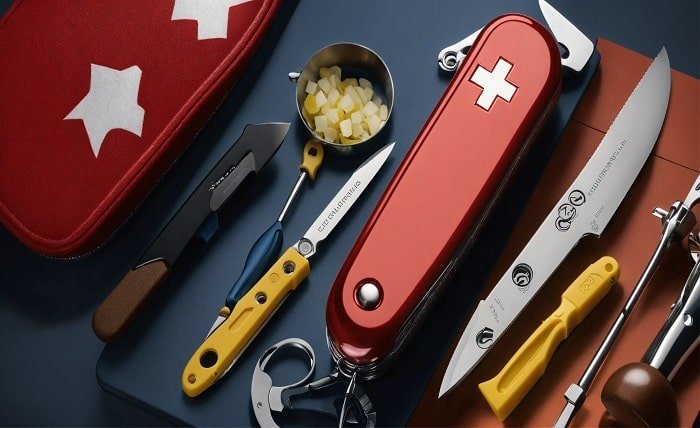Exploring the great outdoors brings a unique sense of freedom and excitement—whether you’re hiking the hinterlands, camping under the stars, or surfing the Gold Coast’s iconic waves. But with adventure comes risk. Injuries, dehydration, allergic reactions, and unexpected weather changes can quickly turn a relaxing day into an emergency situation. That’s why having solid first aid knowledge is essential for every outdoor enthusiast.
Whether you’re a weekend warrior or a seasoned trailblazer, taking the time to understand basic emergency response can make all the difference. Here’s why it matters—and how the right training can prepare you for the unexpected.
Why First Aid Training Matters Outdoors
The outdoors presents a different kind of challenge. You’re often far from hospitals or help, and mobile reception can be patchy at best. In these environments, knowing how to respond swiftly and confidently to accidents is crucial. If you know how to give first aid, you can help someone right away, keep them stable, and keep things from getting worse until professional help comes.
For instance, you might encounter someone who’s slipped on rocks and suffered a fracture, or perhaps you’ll need to help a fellow camper having an allergic reaction to a bee sting. In both cases, the initial moments are critical, and a well-trained individual can make a life-saving difference.
Key First Aid Skills Every Outdoor Enthusiast Should Know
Outdoor-specific first aid focuses on a mix of general knowledge and wilderness survival skills. Here are a few areas to master:
- CPR and rescue breathing – Cardiac emergencies can happen anywhere. You will learn how to do chest compressions and breaths correctly in a good CPR lesson that Gold Coast providers offer.
- Wound care – From cuts and abrasions to punctures and blisters, wounds need proper cleaning and dressing to avoid infection.
- Burn treatment – Whether it’s sunburn or a campfire accident, learning how to cool and cover a burn safely is vital.
- Fracture and sprain management – Immobilising a limb and reducing pain until help arrives is key in outdoor settings.
- Bites and stings – Australia’s natural beauty comes with its fair share of venomous creatures. Knowing how to respond is a must.
- Heatstroke and dehydration – Recognising the signs early and initiating rehydration or cooling methods can prevent severe illness.
Take a Gold Coast First Aid Course Before You Go
If you’re based in or around Queensland, enrolling in a Gold Coast first aid course is a practical step toward becoming better prepared for outdoor emergencies. These courses often include modules tailored to real-world scenarios and can be completed in just one day. You’ll walk away with nationally recognised certification and hands-on experience in handling everything from snake bites to CPR.
Look for courses that also cover outdoor-specific scenarios, or opt for wilderness first aid options if you’re an avid camper or trekker. Some training centres even offer weekend sessions to suit busy schedules.
Pack a Smart First Aid Kit
Training is essential, but so is being properly equipped. A lightweight, portable first aid kit tailored for outdoor use should include:
- Bandages, gauze, and adhesive tape
- Antiseptic wipes and cream
- Pain relievers
- Tweezers and scissors
- Emergency blanket
- CPR mask
- Splint or sling materials
- Personal medications (like antihistamines or asthma inhalers)
Make sure your kit is waterproof, clearly labelled, and restocked after each trip.
Final Thoughts
Outdoor adventures offer unforgettable experiences, but they also require responsibility. By investing in proper training through a CPR course Gold Coast professionals offer and brushing up on your Gold Coast first aid knowledge, you can explore nature with peace of mind. Remember, being prepared isn’t just about survival—it’s about ensuring you and those around you can enjoy the outdoors safely and confidently.
Adventure smart. Adventure safe. And always be ready.

